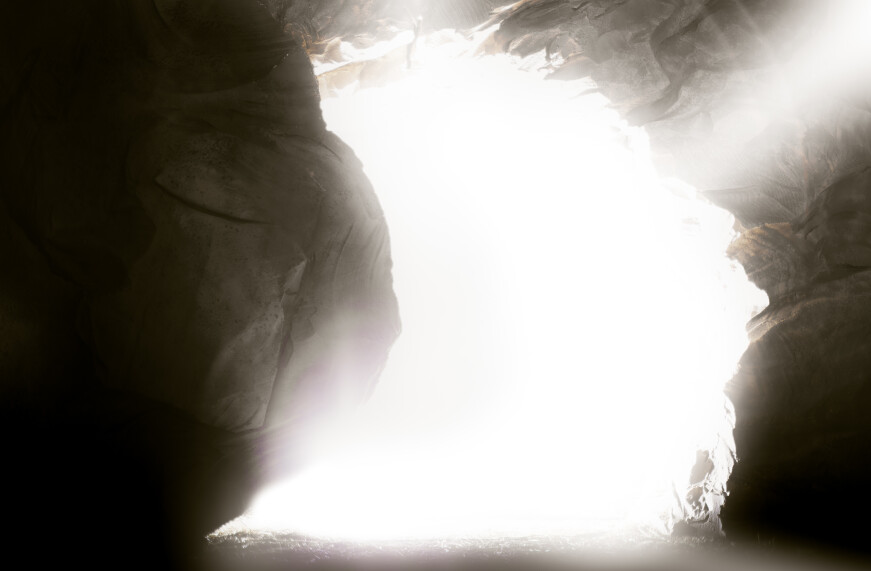Eucatastrophe

If you look up eu·ca·tas·tro·phe - /ˌyo͞okəˈtastrəfē/ in the dictionary you will find that it is a noun synonymous with happy endings and its use is rare. That its use is rare is not hard to believe in a world where people kill one another, young people take their own lives at a remarkable rate, depression and anxiety are at record highs, hatred and vitriol mark the public discourse and there are no easy answers for turning these situations around. We understand the catastrophe embedded in that word, as well as in our world, all too well.
But, we are in a story where eucatastrophe is our promise! It is a story that travels the road of the cross to be sure, but its end is an empty tomb and a divine inheritance. Our task is to inhabit the distance between the cross and the crown, pointing others to the truth and reminding ourselves of the glory.
Believe it or not, lament is one of the ways in which we both point others to the cross and remind ourselves of the glory. Pastor Mark Vroegop, in a book many of our women read this summer entitled Dark Clouds, Deep Mercy: Discovering the Grace of Lament, puts it this way, “Lament is the language that helps you believe catastrophe can become eucatastrophe. It vocalizes the pain of the moment while believing that help is on the way. Lament gives us hope because it gives us a glimpse of truth.” In other words, by not veiling the pain that sin (both individual and institutional) has caused, we are invited to grasp hold of the truth that God is rescuing his world through his Son.
As we have learned over the years, lament is a specific type of prayer that we encounter throughout the scriptures (Psalm 13 is a clear lament example). It typically has four parts:
- Address - Our cry out to God (Utilize God’s name).
- Complaint - Honestly and specifically name a situation or circumstance that is painful, wrong, or unjust (why…where are you…how long…we are overwhelmed…I feel helpless).
- Request - Boldly ask God to do something about the situation (Will you…Please move…Have mercy…Remember…Heal).
- Trust - An explicit expression of trust (I put my hope in You).
I remind you of this for two reasons. First, in addition to benefitting from the laments of scripture, we also benefit from learning to lament our own experiences of brokenness as we navigate this world. Far from complaining, lament helps us return to the promises and grab hold of Christ. Second, we are again inviting Christ Church (and all whom you will invite along with you) to a service of corporate lament next Sunday evening, September 29th at 6pm. It is our hope that you will give some thought to your laments and come prepared in the catastrophes of our lives to believe that eucatastrophe is our story.
